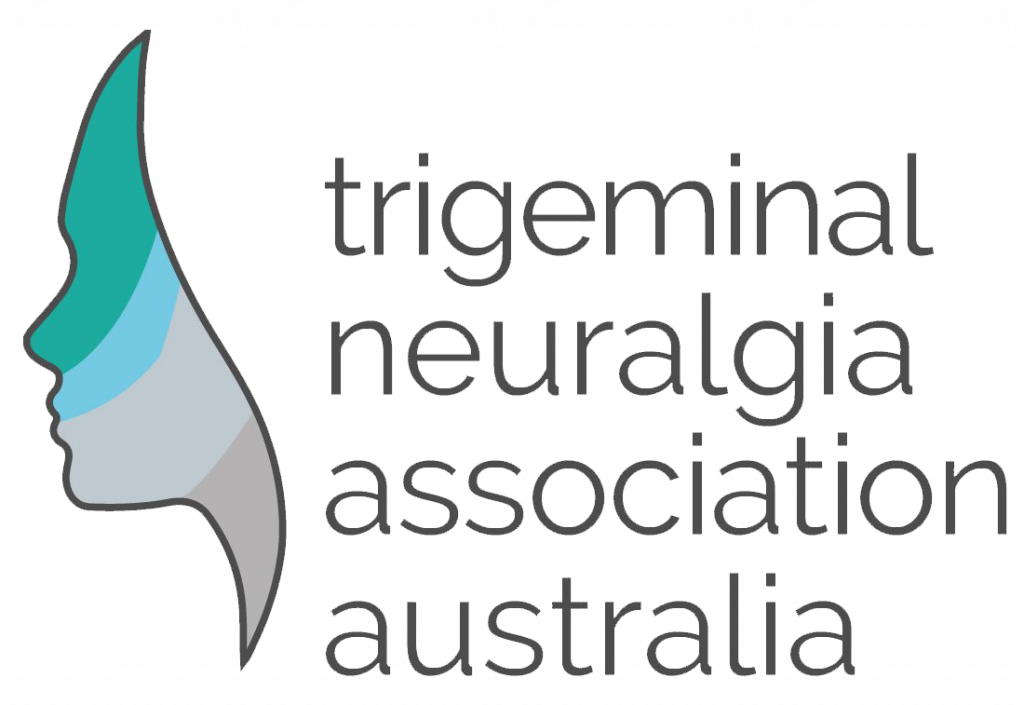Sleep is so important not only for physical recovery but for mental health too. Getting a good nights sleep effects your whole body and feeling of well-being.
Healthline published the following updated article in February 2023
Not getting enough sleep drains your mental abilities and puts your physical health at risk. Science has linked poor slumber with a number of health problems, from weight gain to a weakened immune system.
If you’ve ever spent a night tossing and turning, you already know how you’ll feel the next day — tired, cranky, and out of sorts. But missing out on the recommended 7 to 9 hours of shut-eye nightly does more than make you feel groggy and grumpy.
The long-term effects of sleep deprivation are real. Chart - Effects of Sleep Deprivation
Your central nervous system is the main information highway of your body. Sleep is necessary to keep it functioning properly, but chronic insomnia can disrupt how your body usually sends and processes information.
During sleep, pathways form between nerve cells (neurons) in your brain that help you remember new information you’ve learned. Sleep deprivation leaves your brain exhausted, so it can’t perform its duties as well.
You may also find it more difficult to concentrate or learn new things. The signals your body sends may also be delayed, decreasing your coordination and increasing your risk for accidents.
Sleep deprivation also negatively affects your mental abilities and emotional state. You may feel more impatient or prone to mood swings. It can also compromise decision-making processes and creativity.
If sleep deprivation continues long enough, you could start having hallucinations — seeing or hearing things that aren’t really there. A lack of sleep can also trigger mania in people who have bipolar mood disorder. Other psychological risks include:
- impulsive behaviour
- anxiety
- depression
- paranoia
- suicidal thoughts
You may also end up experiencing microsleep during the day. During these episodes, you’ll fall asleep for a few to several seconds without realizing it.
Microsleep is out of your control and can be extremely dangerous if you’re driving. It can also make you more prone to injury if you operate heavy machinery at work and have a microsleep episode.
While you sleep, your immune system produces protective, infection-fighting substances like antibodies and cytokines. It uses these substances to combat foreign invaders such as bacteria and viruses.
Certain cytokines also help you to sleep, giving your immune system more efficiency to defend your body against illness.
Sleep deprivation prevents your immune system from building up its forces. If you don’t get enough sleep, your body may not be able to fend off invaders, and it may also take you longer to recover from illness.
Long-term sleep deprivation also increases your risk for chronic conditions, such as diabetes mellitus and heart disease.
The relationship between sleep and the respiratory system goes both ways. A nighttime breathing disorder called obstructive sleep apnea (OSA) can interrupt your sleep and lower sleep quality.
As you wake up throughout the night, this can cause sleep deprivation, which leaves you more vulnerable to respiratory infections like the common cold and flu. Sleep deprivation can also make existing respiratory diseases worse, such as chronic lung illness.
| Does this sound familiar? |
|
Lying in bed, wide awake with a racing mind, knowing the harder you try, the more elusive sleep becomes. This is something many people can relate to. Did you know that 4 in 10 people in Australia experience inadequate sleep? Getting good quality sleep is crucial for your mental health. Among other benefits, it can help with your mood, your memory and your ability to manage stress. |
Sleep and mental health
Getting good quality sleep is crucial for your mental health. Among other benefits, it can help with your mood, your memory and your ability to manage stress. Equally, poor quality sleep can have a negative impact.
If you’re consistently struggling to get a good night’s sleep, you’re not alone. Around 4 in 10 Australians regularly experience inadequate sleep. There are things you can try that will help.
Why can’t I sleep?
There are many things that may impact how well you sleep at night. Some habits and activities can increase the likelihood of a good sleep, but there can also be things that come up outside of our control that mean you can’t sleep.
Things that could cause a negative impact are:
- stress caused by things such as financial pressure, relationship issues or unemployment
- upcoming events you may be excited or nervous about
- how much exercise you had that day
- your diet, especially alcohol, caffeine and nicotine intake
- disruptions in the night
- physical discomfort caused by injury or illness
- sleep disorders such as sleep apnea.
It’s important to remember that while there are things that happen out of your control, there are things you can do to sleep better.
Benefits of sleep
Consistent and good-quality sleep supports both your mental and physical health. There is no magic number for how many hours of sleep you should get. Most adults need about 7 to 8 hours every night but it varies from person to person.
When you get the amount of sleep your body needs, it can help you to:
- improve your mood
- manage stress
- retain memories
- think more quickly and clearly
- feel energised
- stay physically healthy thanks to a strengthened immune system
- recover from and prevent injuries.
A good night’s sleep is the best form of defense I can have against any attack. It’s a key factor of keeping well and keeping mentally sharp.
Signs of poor sleep
When you’re trying to sleep
Poor quality sleep can present in many ways, such as:
- difficulty in getting to sleep
- less sleep than usual
- waking frequently during the night
- waking very early in the morning and being unable to get back to sleep.
During the day
When you don’t sleep well, you may experience the following:
- tiredness or exhaustion
- poor concentration
- irritability
- aches and pains
- feeling run down.
Having a poor night’s sleep happens to everyone from time-to-time. But when these symptoms occur over a period of time, they might indicate a sleep disorder such as insomnia.
Learn about sleep disorders and insomnia
Increased anxiety at night
You may find that your anxiety is worse at night, and you get stuck in a cycle. At first, you’re anxious about not being able to sleep, and then you can’t sleep because you feel anxious.
Signs you may be experiencing heightened anxiety at night include:
- finding it difficult to calm down
- feeling unable to control your anxious thoughts or worries
- catastrophic thinking, or dwelling on every possible negative outcome
- physical restlessness and fidgeting
- tightness in the chest and shortness of breath.
If you are experiencing anxiety at night consistently, addressing the root cause of the issue will help you sleep.
Learn about the treatments for anxiety
My mind would be ticking over all night, and I would just lay there and stare at the ceiling and then wake up even more exhausted the next day. And when you’re exhausted, you can’t process your emotions or keep yourself in check.
How to improve your sleep -Tips for a good night’s sleep
There are many techniques you can try to help you fall asleep faster and achieve quality sleep.
1. Regular exercise
Being active throughout the day can help tire your body to prepare it for sleep. Although make sure to leave 1-2 hours between vigorous activity and bedtime to allow your body to wind down.
2. Limit naps
Taking naps outside your normal sleep hours can disrupt your sleep routine and make it harder to go to sleep when you need to.
3. Reduce caffeine, alcohol and smoking before bed
Stimulants such as caffeine and nicotine can keep your body and mind alert up to seven hours after they’re consumed. Alcohol may send you off to sleep faster but can cause later disruptions and will affect the quality of sleep you have.
4. Allow yourself to wind down
Give your body and mind a chance to relax. In the 1-2 hours before bed, unwind through a calming activity like reading, watching TV, or having a bath – whatever works for you.
5. Be consistent with your bedtime
Going to bed at a similar time each night reinforces to your body that it’s time to wind down.
6. Set a digital curfew
Avoid screens by turning your phone off or on ‘do not disturb’ at least 30 minutes before going to sleep. Consider leaving your device in another room. Screen light and apps are designed to trigger hormones in your brain that keep you alert.
7. Make your bedroom your sanctuary
Keeping your bedroom quiet, dark and cool will create a healthy sleeping environment.
8. Leave your worries out of the bedroom
If you find you’re overthinking things, it may help to write down the thoughts you’re experiencing to get them out of your head. Make a time to revisit them the next day so you know they will be dealt with, but not when you’re trying to sleep.
9. Get out of bed if you can’t sleep
If you’ve been trying to sleep for 30 minutes, but don’t feel sleepy, get up and do a relaxing activity. Try to avoid looking at your phone or watching TV. Go back to bed once you’re feeling sleepy again.
Sleep meditation and mindfulness exercises
Sleep meditation, mindfulness and breathing techniques can help you fall asleep faster by calming racing thoughts, letting go of daily stress and easing you into sleep.
The Smiling Mind App offers free sleep meditation and mindfulness exercises.
You can also download breathing and relaxation exercises from our website.
Find breathing and relaxation exercises
Seek professional support
If you are experiencing ongoing trouble getting to, or staying asleep, support from a mental health professional can help. Visiting your GP can be a good place to start, or you can check out the list of mental health professionals on our website.


